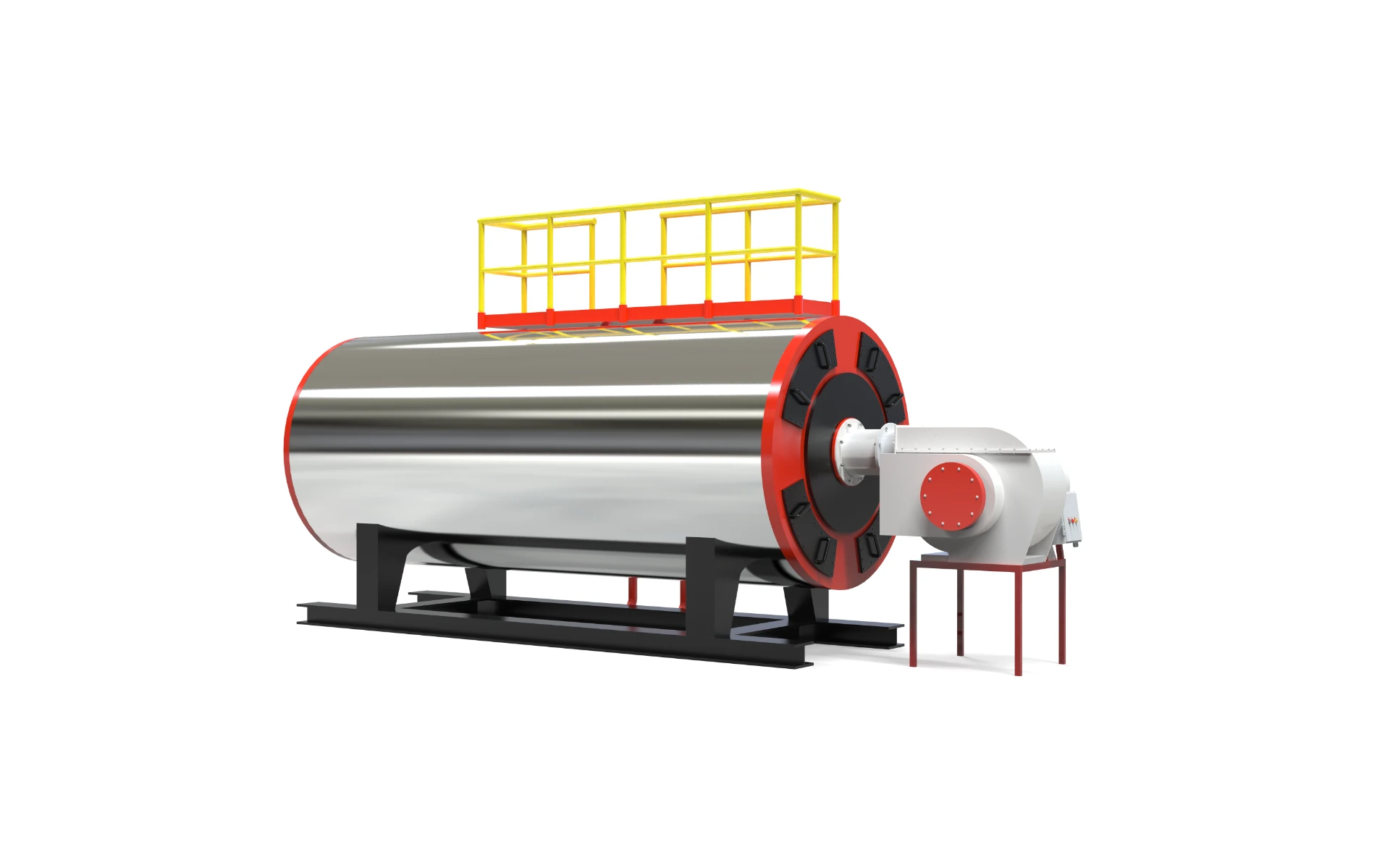
Sep . 01, 2024 08:26 Back to list
Understanding the Three Types of Boilers
Understanding the Three Types of Boilers
Boilers play a crucial role in various industrial and residential applications, serving as the backbone for heating and hot water systems. When selecting a boiler, it's essential to understand the different types available, their operating principles, and their applications. Generally, boilers can be classified into three main categories fire-tube boilers, water-tube boilers, and electric boilers. Each type has its unique features, advantages, and disadvantages.
Fire-tube boilers are one of the oldest types of boilers and are widely used in various applications. In this type, hot gases produced from burning fuel pass through tubes that are surrounded by water. The heat from the gases transfers to the water, generating steam or hot water for use. Fire-tube boilers are known for their simplicity in design and operation. They typically require less maintenance compared to other boiler types, making them a popular choice for smaller operations.
One of the key advantages of fire-tube boilers is their ability to handle fluctuating loads efficiently. They can quickly adapt to changes in demand, ensuring a stable supply of steam or hot water. However, they have limitations in terms of pressure and capacity, as they are generally not suitable for high-pressure applications.
2. Water-Tube Boilers
In contrast to fire-tube boilers, water-tube boilers have water that circulates through tubes heated by hot gases. This design allows water-tube boilers to operate at higher pressures and generate steam more efficiently. As the hot gases pass around the tubes, the heat transfer is maximized, resulting in faster steam generation.
what are the 3 types of boiler

Water-tube boilers are ideal for larger industrial applications due to their ability to handle higher capacities and pressures. They also offer better efficiency and can be designed to minimize emissions, making them a more environmentally friendly option. However, the complexity of their construction can lead to higher initial costs and maintenance demands.
3. Electric Boilers
Electric boilers are a modern alternative to traditional fuel-driven boilers. They utilize electric elements to heat water, transforming it into steam or hot water without the need for combustion. Electric boilers are known for their efficiency and lower operational costs, particularly in areas where electricity is less expensive than fossil fuels.
One of the significant advantages of electric boilers is their compact size, making them suitable for residential settings and small businesses. They also produce no emissions at the point of use, contributing to a cleaner environment. However, electric boilers may not be suitable for large-scale operations requiring massive steam production, as their capacity is generally limited compared to fire-tube and water-tube boilers.
Conclusion
In summary, understanding the three types of boilers—fire-tube, water-tube, and electric—is crucial for making informed decisions regarding heating and hot water systems. Each type has its benefits and drawbacks, and the choice largely depends on the specific needs of the application. Fire-tube boilers offer simplicity and quick adaptation to load changes, water-tube boilers provide high efficiency and capacity, while electric boilers cater to environmentally conscious users seeking a cleaner alternative. Ultimately, the right selection will enhance efficiency, reliability, and cost-effectiveness in meeting heating demands.
-
High-Efficiency Commercial Oil Fired Steam Boiler for Industry
NewsJul.30,2025
-
High-Efficiency Biomass Fired Thermal Oil Boiler Solutions
NewsJul.30,2025
-
High Efficiency Gas Fired Thermal Oil Boiler for Industrial Heating
NewsJul.29,2025
-
High-Efficiency Gas Fired Hot Water Boiler for Sale – Reliable & Affordable
NewsJul.29,2025
-
High Efficiency Biomass Fired Hot Water Boiler for Industrial and Commercial Use
NewsJul.29,2025
-
High-Efficiency Biomass Fired Hot Water Boiler for Industrial Use
NewsJul.28,2025
Related PRODUCTS






















